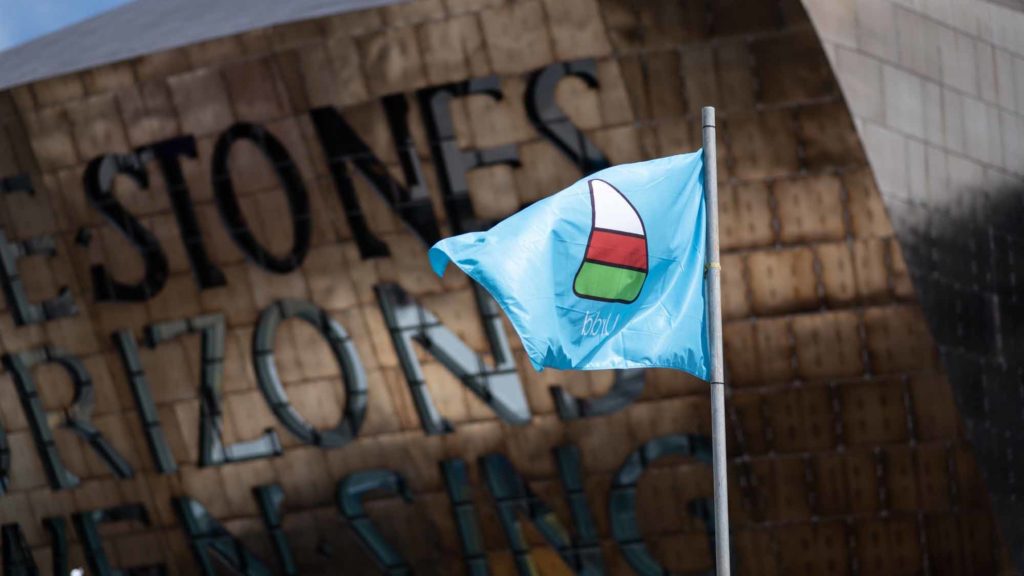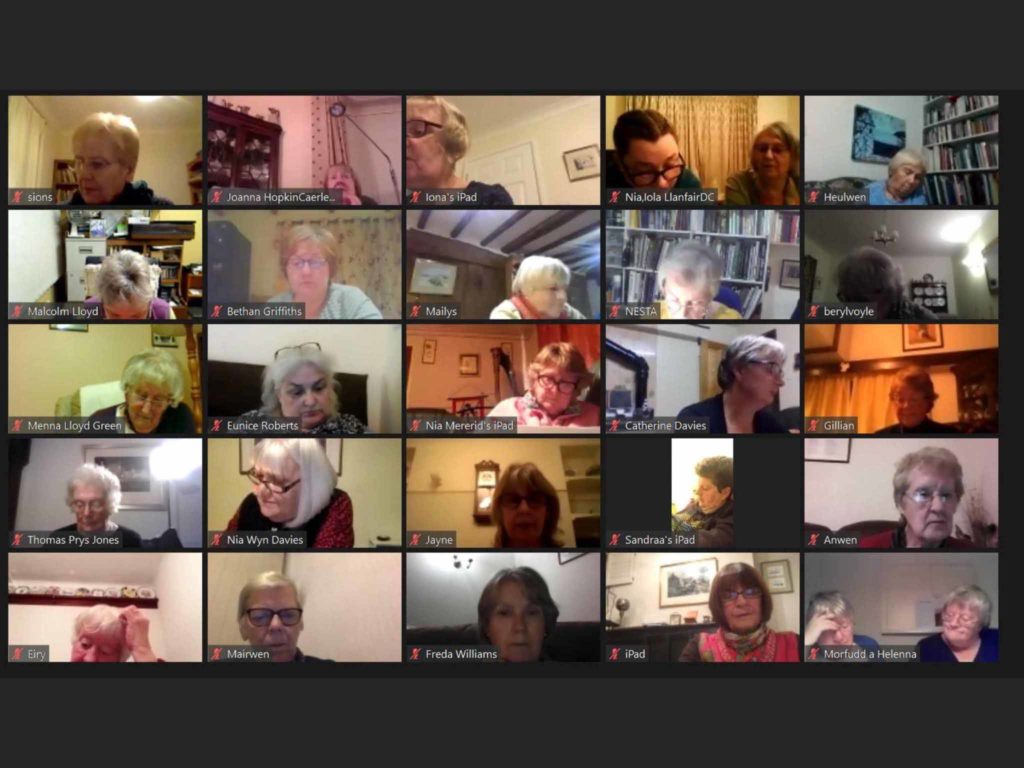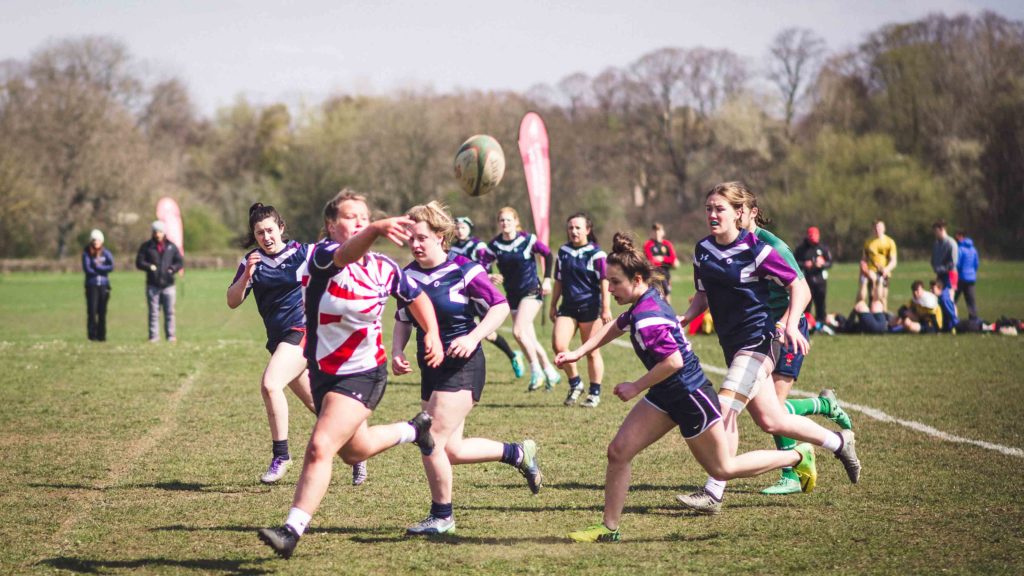Organisations striving to promote the Welsh language and culture are struggling to survive due to ongoing COVID-19 restrictions

Many Welsh-speaking communities fear they will not survive the pandemic, according to the director of a leading cultural charity.
Tegwen Morris, National Director for the Welsh-medium charity for women, Merched y Wawr (Daughters of the Dawn), has warned that organisations throughout Wales are facing collapse due to ongoing social distancing rules.
“I think many will have lost the urge or confidence to carry on as community groups,” said Morris. “It really troubles me as to where the funding is going to come to financially support and keep all of the Welsh indigenous organisations afloat.”
This comes in the light of a recent government report which revealed that over 32% of Welsh-speaking organisations and charities did not think they could rebuild after the pandemic.
80% of the groups surveyed had not been able to operate at all due to ongoing COVID-19 restrictions.

Usually holding around 3,000 events a year, Merched y Wawr depended on community spaces to bring its members together as well as gain enough funding.
“There is physically nowhere possible for us to meet,” said Morris. “We’re losing the strongholds of Welsh communities by having more chapels, churches, community centers closing. There will be nowhere for our meetings to be held.”
Technology has been important for the charity in maintaining contact with its members, by hosting a variety of digital events, podcasts and interactive craft projects. However, a large decrease in the usual number of events has made fundraising difficult, as well as the upkeep of its headquarters in Aberystwyth.
The Urdd Gobaith Cymru (Welsh League of Hope), one of the biggest youth movements in Europe and influential promoter of Welsh culture and language, has also been greatly impacted by the pandemic.

The organisation recently announced it faced a reduction in income of around £14 million in the next two years and their decision to postpone all of their community activities.
“Now with our centres closed to residential courses, no income from our community and sports work, the situation has and will continue to put a huge financial strain on the Urdd,” said Chief Executive Sian Lewis.
The Urdd is a symbol of Welsh culture, responsible for holding the largest competitive youth festival in the world known as the Urdd National Eisteddfod.
With the future of many Welsh-speaking groups unknown, the government’s aim for one million Welsh speakers by 2050 is in question.

“I certainly hope that the one million speaker plan is a possibility if people continue to have enthusiasm towards the Welsh language,” said Tegwen Morris. “Let’s show the rest of the world that the Welsh language can sustain and grow and be a vibrant language in the future.”
